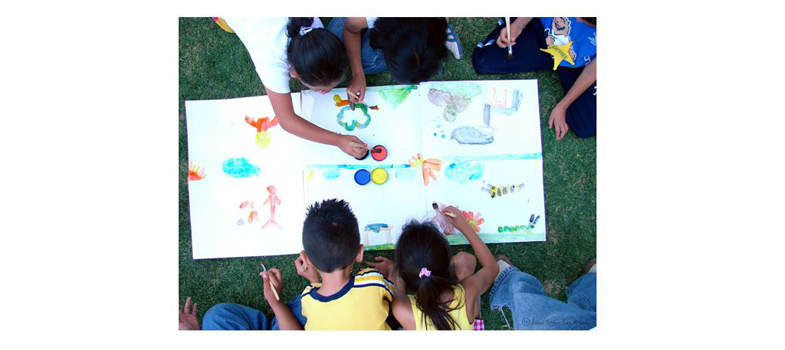3.3 Key lessons
The needs and rights of children form the basis for a universal set of standards by which all children should be treated in order for them to achieve their full potential for health and development. If there is universal acceptance that common minimum standards apply to the treatment of all children, it follows that children are entitled to have these needs met. In other words they have rights, and adults are obliged to ensure that children’s rights are respected. In summary:
- All children have needs that emanate from their humanity. They form a basic set of common standards necessary for optimal health and development.
- Children are entitled to be treated according to these common standards.
- These standards impose obligations on adults to ensure their fulfillment.
- A commitment to fulfilling these obligations creates rights for children to have their needs met.
- These rights have been codified into an international human rights treaty, the UN Convention on the Rights of the Child, which introduces universally binding obligations on governments to protect and promote the rights of children necessary to fulfill their needs.
Download Handout 1.3 as a PDF:
Click 'View document' below to open this handout on Key lessons to be drawn from Module One
3.2 A Child Rights Ecology
